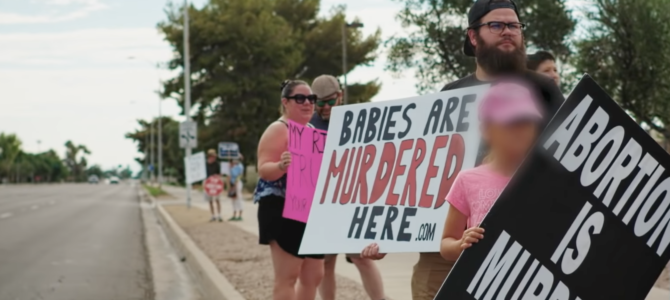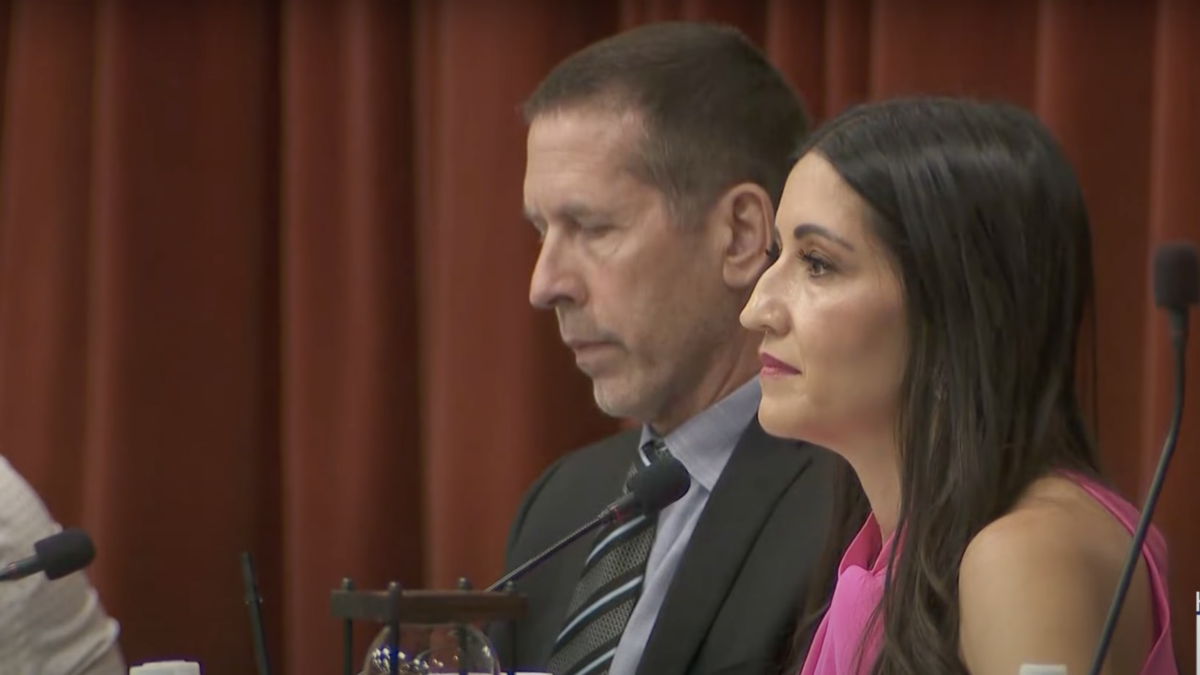California Gov. Gavin Newsom’s signature on a new law creating 100-foot radius speech buffer zones around any facility that provides any kind of vaccine makes the rushed legislation official, but not just.
The law deems certain free speech activities illegal if the intended audience is within 30 feet on a public sidewalk, and “within 100 feet of the entrance or exit of a vaccination site” that a person is looking to exit or enter. The same restrictions apply if the person approached is sitting in a vehicle within those perimeters. In fact, rules even apply if the speaker is positioned on his own private property.
The restrictions not only ban approaching a person for conversation without consent, but also prohibit moving toward someone while holding up a sign or handing out written materials.
The new law presents these speech restrictions as protection against COVID-19 and “other infectious diseases” (measles, chicken pox, tuberculosis) spread through “airborne transmission,” and as a precaution against “future unknown infectious diseases” that might be spread the same way. It also defines a “vaccination site” as any place, even “retail space or pop-up location,” that might offer injections.
In short, the law bans almost any kind of free speech expression that someone doesn’t want to hear if that speech happens within a good stone’s throw of not only a hospital, medical clinic, or doctor’s office, but a drug store, warehouse club, or grocery store offering vaccinations. This law will only apply, elected officials assure us, until all airborne diseases are eliminated.
Well, that seems a bit extreme. Especially when you consider that this new law probably outlaws free speech on more real estate than is contained in many U.S. cities.
But the sweeping implications get even stranger if the speaker wants to talk about labor concerns. Those picketing as part of a labor demonstration are specifically exempted from the new law. Apparently labor activists are incapable of spreading airborne diseases.
That exemption makes about as much sense as the idea that holding up a sign would make one especially infectious. Or that airborne disease would be more easily spread outside a vaccination site. Or, for that matter, that germs can spread 30 feet when they’re out in the open air.
Mostly, it’s curious that people speaking one kind of message – workers, say, pressing for their employer to cover abortion costs under insurance – are somehow less dangerously infectious than people advocating for something else – like preserving human life.
That’s not an unrealistic comparison. Right to Life of Central California, a pregnancy care and counseling center located in Fresno, finds its activities thoroughly throttled by the new law since its facilities are immediately adjacent to a Planned Parenthood site that offers the HPV vaccine.
Under the 100-foot and 30-foot constraints of this new law, staff and volunteers at Right to Life could qualify for a six-month jail sentence and a fine of up to $1,000 (per incident), even while standing on their own next-door premises, or speaking in the Right to Life parking lot.
That presents at least three major legal problems for state officials. One, their new law undermines citizens’ fundamental right to free speech. Two, it impairs the ability of faith-based advocates like Right to Life to exercise their religious convictions by vocally encouraging support for life. Three, it denies equal protection under the law to those whose speech doesn’t necessarily relate to labor issues.
Abortion activists might celebrate a law that, if not specifically designed to silence pro-life speakers, certainly has that effect. They would prefer that women considering abortion not hear about the hope and help RLCC offers.
But Right to Life staff, like those at most other faith-based ministries, make their life-affirming case gently, kindly, and peacefully. Watch them in action, and you’ll find that their focus is on conversation, not condemnation, and compassionate concern, rather than fiery confrontation.
Of course, to see that, you’ll need binoculars. One hundred feet is a long way to try and project compassion, and even 30 feet is an absurd distance over which to try and talk about such personal things. That makes this new law less a matter of space during a pandemic, and more a matter of life and death.
That’s why Right to Life has filed suit against the state in federal district court. The governor’s signature can make legislation into law. But it can’t make it sensible. Or constitutional. Or right.









